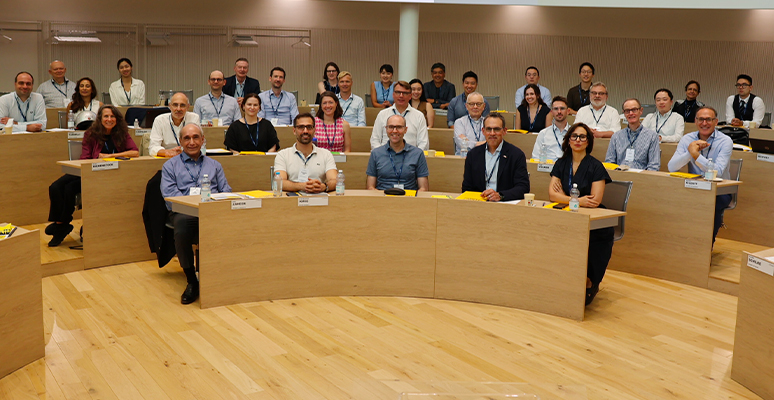How trust is built in the age of social networks
Not long ago, trust was largely a matter of personal acquaintance—or, at most, involved a more or less extended chain of connections. If person A trusted B and B trusted C, then it was reasonable to assume that A might also trust C. Alternatively, trust could be institutional: having faith in an institution (an airline or a university, for example) often translated into trusting an individual (such as a pilot or a professor).
Social networks have opened up new perspectives. Today, we might trust an influencer we have never met and rely on them to guide our consumption choices, based solely on structural and behavioral signals reflected by the networks themselves like a prism, as some theories suggest.
Yet, academic literature on networks and literature on trust have rarely intersected. To address this gap, the Trust and social networks conference opened this morning at SDA Bocconi School of Management. The event is organized by the Network Innovation Lab (NI Lab), promoted by SDA Bocconi in partnership with STMicroelectronics.
For two days of intense debate, SDA Bocconi will be at the center of the academic network devoted to the study of networks.
Around forty international scholars will present their research, which will contribute to the forthcoming Handbook of Trust and Social Networks to be published by Edward Elgar. The volume is being edited by Bill McEvily (University of Toronto), Oliver Schilke (University of Arizona), Giuseppe (Beppe) Soda (co-director of the NI Lab), and Aks Zaheer (University of Minnesota).
“Taken together,” the four editors wrote, “we see the state of research on trust and networks as ripe for revisiting, reconsidering, and revitalizing. We see plenty of opportunity to enhance trust research by integrating network theory and methods, both from a micro and a macro perspective. Vice versa, future network scholarship will benefit from greater attention to social mechanisms, most notably trust.”
SDA Bocconi School of Management


